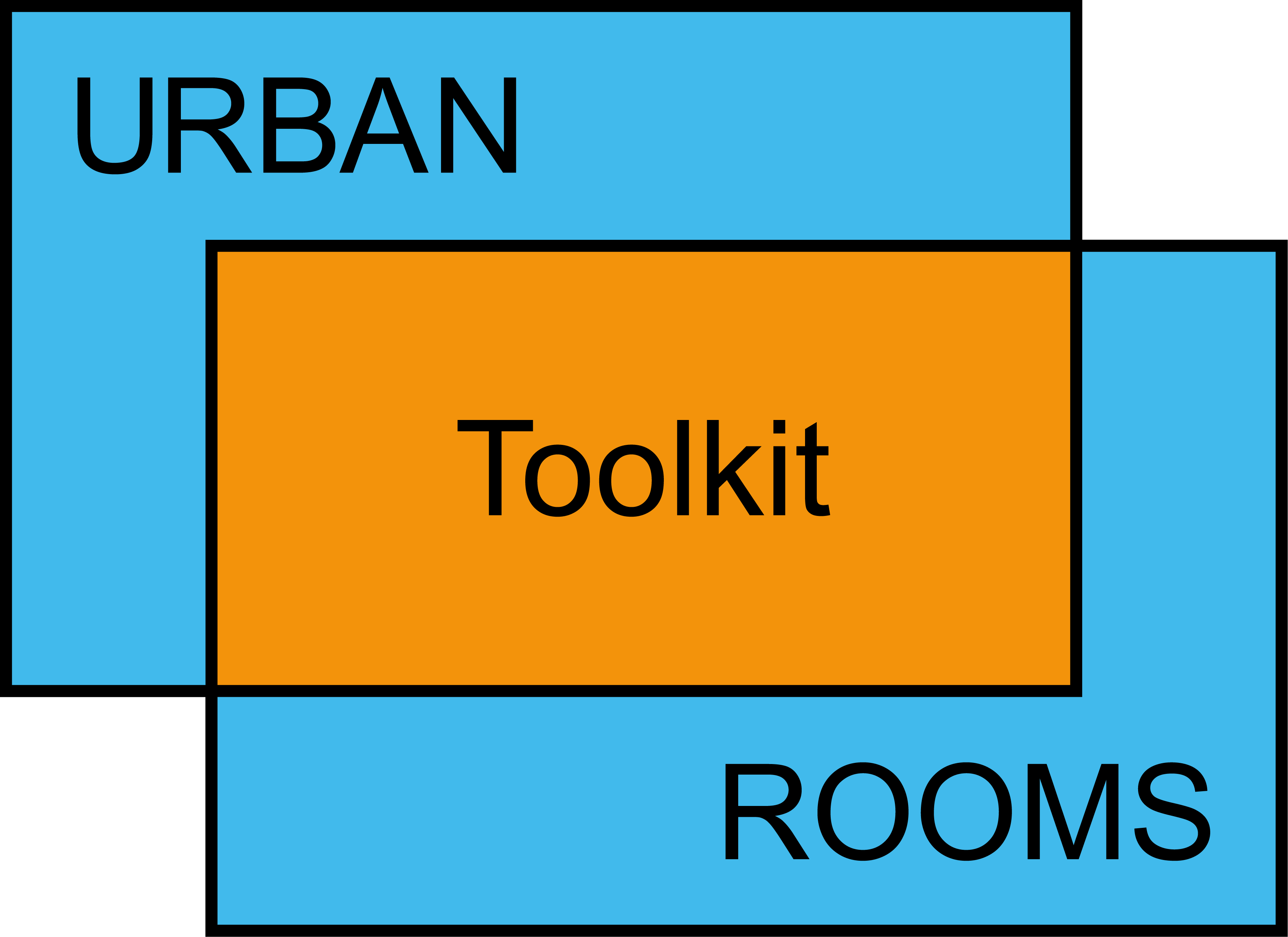


Set-Up
How can we fund our activities?
In addition to funding the space of the Urban Room you will need to also find funding for the activities you want to deliver in the space. Activities costs can include materials, staffing costs (facilitation, curation, volunteer expenses), catering, speakers fees, co-researchers fees, etc.
If the Urban Room is supported over the long-term by your organisation you may be able to cover some of this through core funding (particularly permanent staff costs). However, most Urban Rooms rely on ad-hoc project funding to cover the costs of their activities and to pay the team. Each Urban Room will have differing options for funding, depending on the host organisation, the partners, the area of focus and the location.
Here are some ideas from Urban Rooms:
be clear about your objectives for the UR, this will help you identify potential funding sources to approach, e.g. heritage, community development, arts, diversity, innovation, health and wellbeing
identify local funds that are specific to your place, e.g. local assemblies, town trusts, charities, philanthropists, campaigns
be aware of national and regional areas of policy focus, there may be funds available through these, e.g. levelling up, covid recovery, cultural strategies, zero-carbon
can you partner with a larger or more established organisation (in industry, healthcare, arts, local government) on an existing project or programme, or on a joint application? this may increase your chances, build your capacity and the effectiveness of the UR at the same time
can you partner with enterprising creative freelancers (architects, designers, artists, filmmakers) in your area to your mutual benefit? - they can bring agile approaches to fundraising as well as creative input into your UR activities
establish robust methods of monitoring, documentation, data collection and evaluation of all your UR activities - this will help you build a strong evidence base against KPIs and other criteria that are important for future funders
URs can struggle to sustain themselves if they become reliant on single sources of funding or serial short-term project funding - try to build an agile and resilient approach to funding, responding to funding opportunities when they arise and possibly combining different types of funding from different sectors

Nottingham
Set-Up
How can we fund our activities?
In addition to funding the space of the Urban Room you will need to also find funding for the activities you want to deliver in the space. Activities costs can include materials, staffing costs (facilitation, curation, volunteer expenses), catering, speakers fees, co-researchers fees, etc.
If the Urban Room is supported over the long-term by your organisation you may be able to cover some of this through core funding (particularly permanent staff costs). However, most Urban Rooms rely on ad-hoc project funding to cover the costs of their activities and to pay the team. Each Urban Room will have differing options for funding, depending on the host organisation, the partners, the area of focus and the location.
Here are some ideas from Urban Rooms:
be clear about your objectives for the UR, this will help you identify potential funding sources to approach, e.g. heritage, community development, arts, diversity, innovation, health and wellbeing
identify local funds that are specific to your place, e.g. local assemblies, town trusts, charities, philanthropists, campaigns
be aware of national and regional areas of policy focus, there may be funds available through these, e.g. levelling up, covid recovery, cultural strategies, zero-carbon
can you partner with a larger or more established organisation (in industry, healthcare, arts, local government) on an existing project or programme, or on a joint application? this may increase your chances, build your capacity and the effectiveness of the UR at the same time
can you partner with enterprising creative freelancers (architects, designers, artists, filmmakers) in your area to your mutual benefit? - they can bring agile approaches to fundraising as well as creative input into your UR activities
establish robust methods of monitoring, documentation, data collection and evaluation of all your UR activities - this will help you build a strong evidence base against KPIs and other criteria that are important for future funders
URs can struggle to sustain themselves if they become reliant on single sources of funding or serial short-term project funding - try to build an agile and resilient approach to funding, responding to funding opportunities when they arise and possibly combining different types of funding from different sectors

Nottingham
